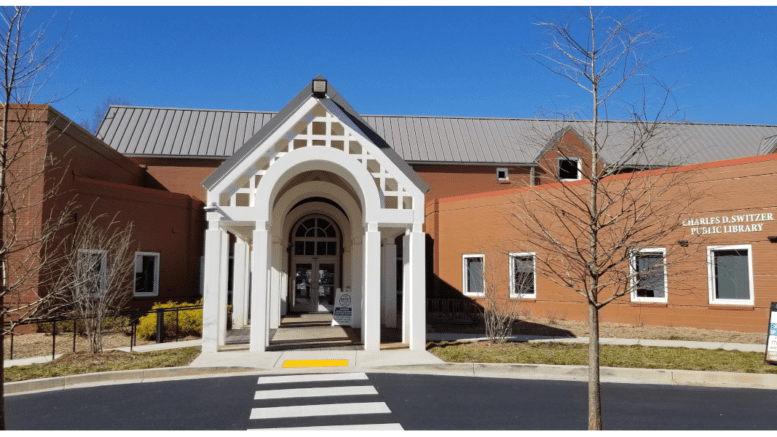The Courier has run a few articles about the recently released 1950 individual census records.
The Switzer Library branch of the Cobb Public Library will host a two-hour workshop with a professional genealogist on using the records.
The Cobb Public Library Facebook page made the following announcement:
We are excited to have professional genealogist Karen Molohon at the Georgia Room again to lead a hands-on workshop with the newly released 1950 Federal Census. The workshop is expected to last two hours.
The workshop is Saturday May 21 at 1 p.m. in the Switzer Library’s Georgia Room.
About the 1950 census release
If you’ve ever done genealogical or historical research, you’re probably familiar with the handwritten photocopies of reports on individual households scrawled on standardized sheets by census takers. They are often hard to read because of the variations in handwriting of the person filling out the form, and of fading by age, but they are invaluable in tracking families and individuals from census to census.
Individual census records by federal law cannot be released until 72 years after the census, so on April 1 the 1950 census was released.
A year of big change
1950 was five years after the end of WWII, and was near the beginning of the “Baby Boom” that gives a whole generation its name. It was also near the beginning of suburbanization and the shift in the U.S. from a primarily urban/rural population to a majority suburban one.
In releasing the records, Marc Perry, Brian Mendez-Smith and Lynda Laughlin of the U.S. Census Bureau wrote in an article about the records release:
The 1950 Census opens a window into one of the most transformative periods in modern American history, revealing a country of roughly 151 million people who had just recently emerged from the hardships and uncertainties of World War II and the Great Depression.
With little housing construction during the prior two decades, the nation’s population mostly lived in cities and rural areas, often in crowded conditions. Suburbanization had only recently begun and would increase substantially in the coming decades thanks to the GI Bill, sustained postwar economic expansion and construction of a comprehensive interstate highway system.
